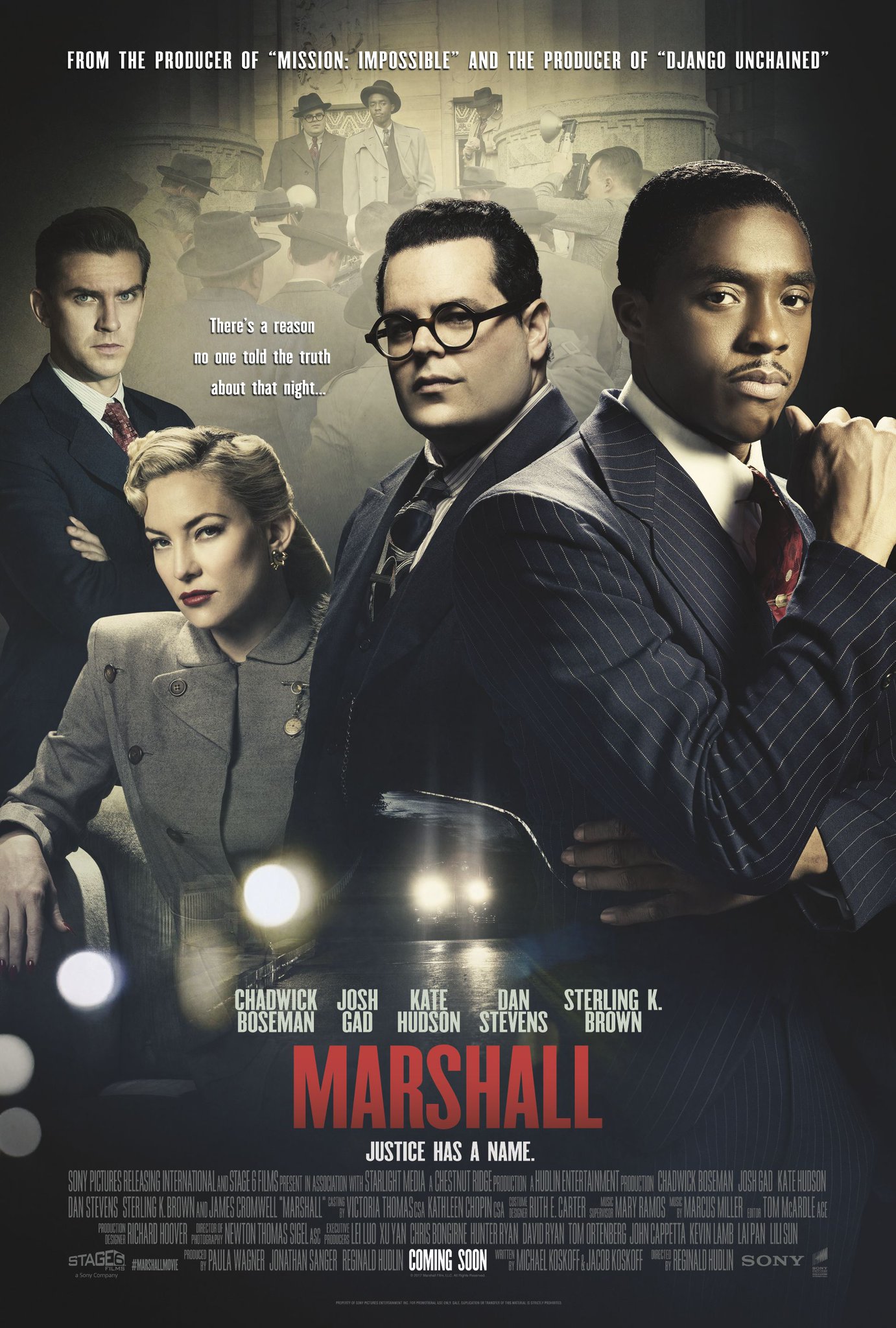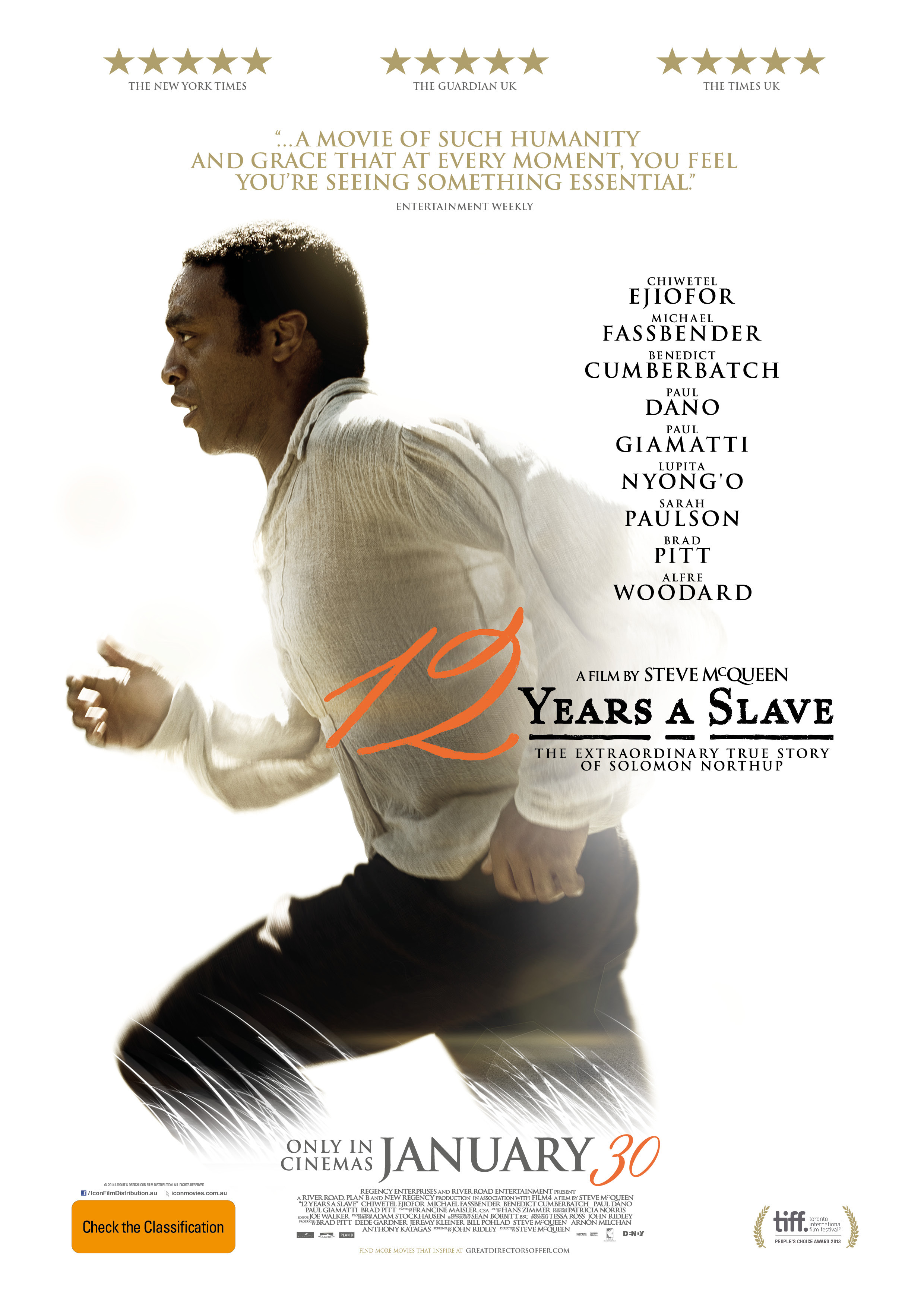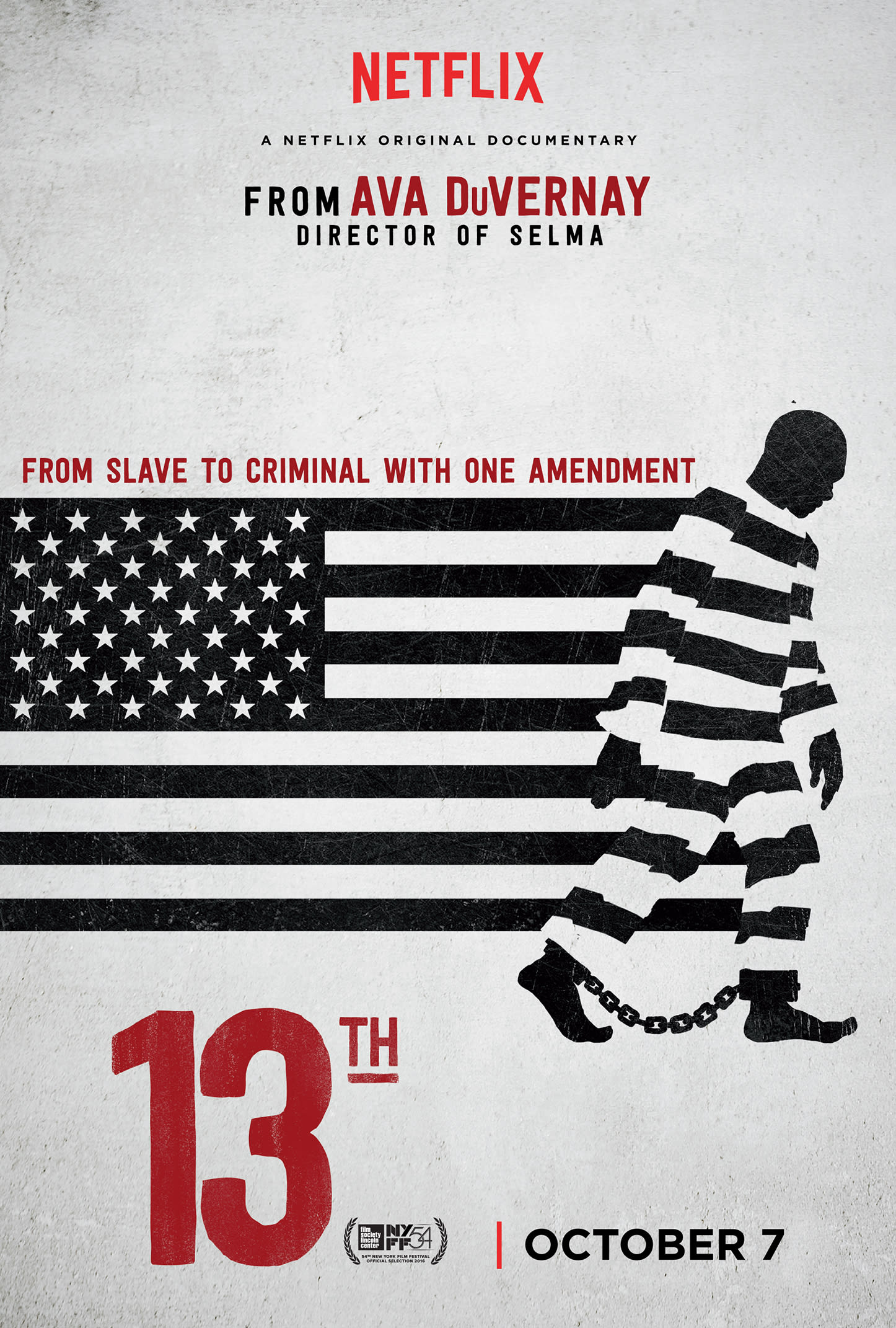
While no movie will adequately convey even a chapter of history, with Hollywood's liberal use of dramatic license and time constraints, the best documentaries, historical dramas, and biopics can provide a sense of what's happened and give an idea of how the world used to look. African-American history includes countless unsung heroes, some of whom actually managed to change the world. Most stories of Black excellence -- and tragedy -- never show up in school lesson plans but some films can be used as a jumping-off point. The following movies are the best of what Tinseltown has to offer in regard to the African-American experience of the past. So watch 'em all and then head to the library and your local bookstore to learn more. But to be clear, these are good movies -- none of them feel like homework. Enjoy.
Appropriately debuting during Black History Month, almost exactly three years after the wide release of Black Panther, comes another great movie focusing on Black heroes -- except this one's about American Black Panthers. Judas and the Black Messiah recounts the true story of how Fred Hampton, chairman of the Illinois branch of the famed civil rights organization was set up to be assassinated by the FBI working with a tactical unit of the Cook County State's Attorney's Office and Chicago police.
The film accurately depicts how Hampton's murder (at 21-years-old) was facilitated by federal informant William O'Neal. O'Neal, an African-American, was recruited for the Federal Bureau of Investigation's secretive counter-intelligence program (COINTELPRO), designed to discredit and dismantle the Civil Rights Movement, after his arrest for car theft and impersonating a federal agent. Offered an opportunity to avoid a potential five-year prison sentence in exchange for gathering information that could be used to further FBI director J. Edgar Hoover's mandate to eradicate the Black Power movement, O'Neal effectively became a spy for the federal government.
The film follows O'Neal as he insinuates himself into both the Black Panther Party organization, working his way up to security chief, and Hampton's life, revealing a snippet of a filmed interview with the actual Bill O'Neal before the credits and informing the viewer that he took his own life later that evening.
Already named one of the 10 best movies of the year by AFI and nabbing nominations from the both the Golden Globes and the Screen Actors Guild (the Oscars have been pushed back to April due to the coronavirus pandemic), Judas is poised to either become an awards-season favorite or the latest in a long line of Black movies to be snubbed in spectacular fashion.
In light of the documented, widespread instances of police brutality against African-Americans participating in the many protests against racially-motivated murders of Black men at the hands of law enforcement throughout 2020, one of the overriding themes of Judas is sadly, "The more things change, the more they stay the same."
Chris Rock's 2014 movie Top Five features the comedian as a movie star who headlines the fictional film Uprize as Dutty Boukman, the real-life educated slave who inspired the Haitian Revolution. The Revolution, a slave revolt which resulted in the permanent end of French rule on the island of Hispaniola and the founding of Haiti, has never been represented in an actual movie.
The Birth of a Nation depicts another piece of American history that isn't taught in public schools. The film details, for the first time onscreen, the events that transpired leading up to, during, and following a bloody 1831 slave rebellion in Southhampton County, Virginia. The leader of the uprising, Nat Turner, was a literate slave and minister who led an eventual 70 co-conspirators in a house-to-house mutiny that resulted in the killing of approximately 65 wealthy white men and women. Though he initially planned to begin the revolt on July 4, Independence Day, it was postponed due to illness until Turner interpreted an August 13 solar eclipse as a black man's hand covering the sun and took it as a signal to initiate his revolution.
Turner is portrayed by star, co-producer and co-writer Nate Parker in his directorial debut. Nation premiered to a standing ovation at the Sundance Film Festival back in January where it won the Audience Award and Grand Jury Prize. It was sold to Fox Searchlight Pictures for a record-breaking $17.5 million following a bidding war for the film's worldwide rights. Subsequently, both Parker and the film garnered widespread critical acclaim and Nationimmediately became the front-runner for the 2017 Oscar race. However, in the months leading up to the film's October 7 wide release, the national news media seized upon a chapter of Parker's history that was previously largely ignored by the press, despite his 12-year career in Hollywood.
In 1999, as a Pennsylvania State University student, Parker and the film's co-writer Jean McGianni Celestin were accused of raping a fellow student. Parker was found not guilty on all four counts with which he was charged. In 2001, Celestin was sentenced to six months to one year in prison after being convicted of sexual assault. However, his conviction was reversed in 2005 and prosecutors declined to pursue a re-trial.
The Birth of a Nation's title, in a bit of intentional irony, is appropriated from a 1915 silent movie of the same name that portrayed the Ku Klux Klan as a heroic organization and, in fact, spurred a resurgence in the group's membership and popularity.
Nation is the kind of film that's difficult for African-Americans to watch. Seeing your ancestors being degraded, tortured, mutilated, sexually abused and murdered is no easy thing -- not even when you know that all of these actions are being done to, and carried out by, actors. One particularly disturbing scene details a plantation owner's solution to an attempted hunger-strike. A slave's teeth are broken one-by-one and food is slid down the funnel that is forced down his throat. Another scene reveals an overseer in bed with a little girl. As graphic as they are, not including scenes like these would only serve to further perpetuate a distorted and incomplete view of history. These are the kinds of things that happened to actual people -- repeatedly. And it's important that they be acknowledged -- by everyone.
Nation is by no means the first film to present the horrors of American slavery on the big screen. In fact, 12 Years a Slave, also based on a true story, won the Best Picture Oscar at the 86th Academy Awards. What makes Nation the first of its kind is its presentation of an actual slave insurrection against plantation owners.
An old adage states: "History is written by the winners." Is it odd that Spartacus, and now Nat Turner, both leaders of ultimately unsuccessful slave rebellions, have made it to the big screen and the Haitian Revolution never has?

5. Marshall

4. 12 Years a Slave

12 Years a Slave is the film adaptation of Solomon Northrup's 1853 memoir of the same name detailing his kidnapping and subsequent enslavement on a cotton plantation in Louisiana. Though tough to watch, it's no accident that 12 Years won the 2014 Oscar for Best Picture.
3. Unforgivable Blackness: The Rise and Fall of Jack Johnson

Muhammad Ali may be the greatest, but Jack "the Galveston Giant" Johnson is the first. The first African-American Heavyweight Boxing Champion of the World. Indeed, Ali has Johnson to thank for his penchant for taunting opponents prior to meeting them in the ring.
Unforgivable Blackness represents the first time that a sports figure was given the Ken Burns treatment (the second, and only other to date, is 2016's Jackie Robinson).
Johnson, the son of two former slaves, went on to be crowned the first African-American Champion of the World the day after Christmas in 1908.
He won $1.50 for winning his first prizefight. He once knocked middleweight champion Stanley Ketchel's front teeth out -- they were still stuck in Johnson's glove after the fight.
Unforgivable is not the first time Johnson's story was told on film. 1970's The Great White Hope, starring James Earl Jones, is the movie adaptation of a play based on Johnson. Opposition to Johnson's dominance of the sport was so high during his reign that promoters offered retired champ James J. Jeffries $120,000 (equivalent to $3 million today) to lose 100 lbs and step back into the ring to face him (Johnson won when Jeffries' corner threw in the towel). Johnson was paid $65,000 ($1.7 million today). His victory resulted in race riots in 50 cities across the U.S.
A certain segment of America loves the idea of the "Great White Hope". Jack Johnson is the man who first inspired that dream.
2. Selma

1. Malcolm X








No comments:
Post a Comment